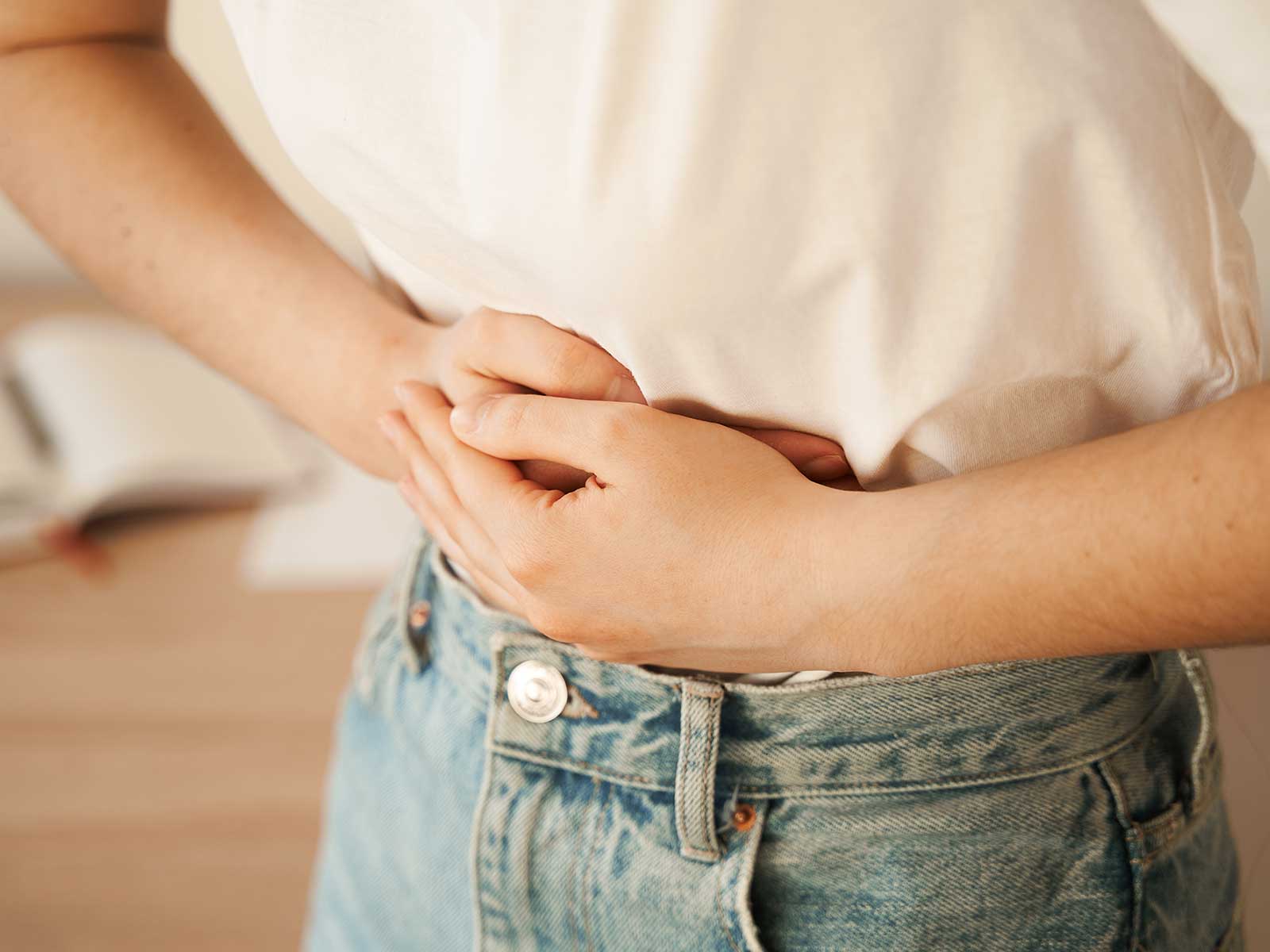
Lymphocytic Duodenitis is a mild inflammation of the duodenum, the first part of the small intestine. It occurs when more than 25 lymphocytes (a type of white blood cell) are found per 100 lining cells. These immune cells accumulate in response to various triggers and are typically identified through a biopsy during an endoscopy.
Symptoms can vary but often include:
Several factors can trigger an increase in duodenal lymphocytes:
At GastroDoxs in Cypress, our expert gastroenterologists specialize in diagnosing and treating lymphocytic duodenitis with state-of-the-art endoscopic equipment and personalized care plans. We focus on patient-centered solutions-combining tailored diet guidance, targeted therapies, and ongoing support-to help you achieve lasting relief. Schedule your appointment today and take the first step toward better digestive health.
We've successfully treated more than 1K patients, helping individuals improve their digestive health and overall well-being through expert, personalized care.
With over 20 years of experience, GastroDoxs has been a trusted provider of gastroenterology care, focusing on delivering the best outcomes for patients
Many people experience full relief with the right combination of dietary changes, medications, and lifestyle adjustments. Early diagnosis and consistent follow-up are key to successful management.
Not always. While celiac disease and gluten sensitivity are common triggers, this condition can also arise from food reactions, infections, medications, or other factors independent of gluten.
A biopsy shows an elevated count of lymphocytes in the duodenal lining-typically more than 25 per 100 epithelial cells-even if the tissue looks normal under endoscopy.
Follow your personalized treatment plan, avoid identified trigger foods, adhere to recommended medications or supplements, and maintain regular appointments with your gastroenterologist.
Some patients tolerate lactose just fine, while others benefit from lactose-free alternatives. Keep a food journal to track dairy intake and symptoms, and discuss test results with your doctor.
Many patients notice improvement within 4-6 weeks of starting diet modifications and any prescribed medications, though individual timelines may vary.
Probiotics, digestive enzymes, or vitamin support can aid healing. Your gastroenterologist will recommend supplements based on your specific nutritional needs and lab results.
No. The mucosa often appears normal on endoscopy. A biopsy is required to confirm the increased lymphocyte count in the duodenum.
A gluten-free or low-FODMAP eating plan, focusing on fresh, whole foods, often provides relief. Working with our dietitians at GastroDoxs can help you create a customized meal plan.
GastroDoxs in Cypress offers experienced gastroenterologists, modern diagnostic tools, and compassionate care to help you manage Lymphocytic Duodenitis and other digestive disorders.